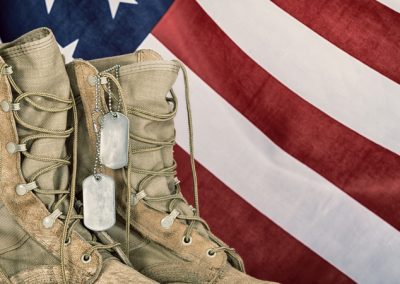The United States will engage in a “strategic dialogue” with Iraq this month, White House Press Secretary Jen Psaki said last week. The key agenda item, she explained, was the US combat deployment there.
How or whether to extend the operation should not be part of the discussion. Nailing down details of the withdrawal should.
The 3,500 U.S. troops currently in Iraq serve no purpose related to American national security. They don’t have a militarily attainable mission which could be recognized and signal the end of the deployment. The only benefactor is the government in Baghdad and even they are ready to show America the exit.
Prime Minister Mustafa al-Kadhimi told reporters in Iraq he is approaching April’s dialogue with Washington as a chance to push for the withdrawal of American troops. He cited what he considered a positive outcome from the June 2020 strategic dialogue with the US in which Iraq “succeeded in reducing the size of the U.S. combat forces in Iraq by 60%.”
In this upcoming meeting, al-Kadhimi added, he will seek the complete “redeployment of [U.S.] forces outside of Iraq.” The administration, however, appeared interested in cooling such talk.
At the recent press briefing, Psaki sought to “further clarify that coalition forces are in Iraq solely for the purpose of training and advising Iraqi forces to ensure that ISIS cannot reconstitute.” If the troops are not officially engaged in direct combat, some believe, the deployment will be more palatable to the American people.
There is little evidence the U.S. population cares about the nuance, however. Upward of 75% want the troops to return home. Such views are well-founded, as the troops no longer provide even nominal support for U.S. security interests.
Read the rest of this article on Business Insider





